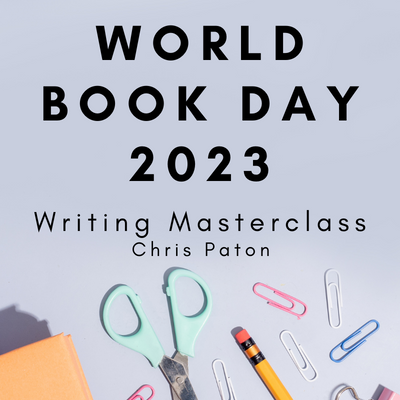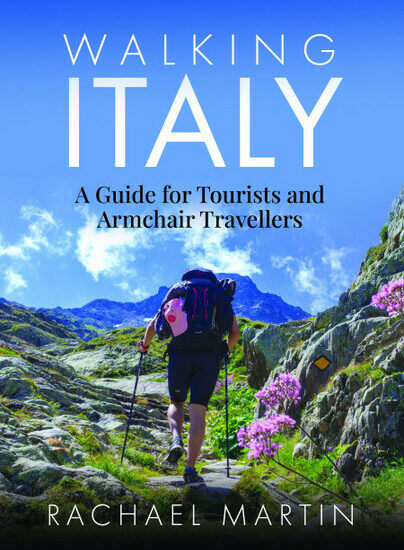World Book Day – Chris Paton
In this post Chris Paton answers questions about his book, Tracing Your Irish Ancestors Through Land Records.
What inspired you to write it?
As a genealogist from Northern Ireland, I constantly hear about the so-called ‘impossibility’ of Irish family history research, due to several historic incidents where records have been lost. Whilst there are several excellent family history books on Irish research out there, this was a topic that I felt could be explored in more depth, to help bring something new to the party.
What interesting facts have you uncovered during your research?
There are lots of records sets for family history research that I am more aware of now, for example, the records of the Commission of Church Temporalities, which helped to dispose of much of the Church of Ireland’s properties following its disestablishment, and also the Irish Land Commission, and the massive difference in access to its records north and south following the Partition of Ireland in 1921.
What was the hardest part about writing this book?
For one thing, the word count! There was so much that I wrote about, but so much more that I could have written about. In the end, however, I think I provided a balanced book that gives a lot of detail on many key records that are easily available, and hope and understanding with regards to record sets that folk may not have encountered before. On another front, because of the history of Ireland, and the historic communities that have lived there, the records do tend to stack up in favour of some more than others. I’ve tried to explain why this may be, placed against the broad sweeps of Irish history, but have also tried to pull a few rabbits out of hats to show folk that miracles do occasionally happen!
Is there a unique angle to this book and if so, what is it?
It is very much about how records tied to the land can help to bridge the gaps of vital records that have been destroyed, i.e. the records of baptisms, marriages and burials, and with the late arrival of civil registration in Ireland. These records have helped me immensely with my own research, and I wanted to share why that has been the case.
What has researching this book taught you?
I think it has reinforced my oft quoted mantra that when it comes to Irish family history, the glass is always half full when looking for records, rather than half-empty. I get a little tired when listening to the ‘woe is us’ attitudes of some genealogists who are too busy trying to apply their rules of research to the problems, rather than Ireland’s!
What part of the book are you most proud of?
I’m really proud of the whole book, it’s my fave title so far that I have written for Pen and Sword, but there are a few things that do stand out for me. From purely a sales point of view, a cover is important, and the cover now on the book is a dramatic improvement from the first version that was proposed, which I pushed hard to change. I’m also pleased with the short history and the timeline at the start of the book, a background canvas to which people can look when I discuss certain developments in the rest of the book. But chapters 5 and 6 are where the real meat is, tackling topics that I think some people will think they know about, only to learn a lot more than they perhaps realised. I have had some great feedback about the book from people across Ireland and beyond, and hope that it can help with readers’ ongoing ancestral pursuits.

Order your copy here.


